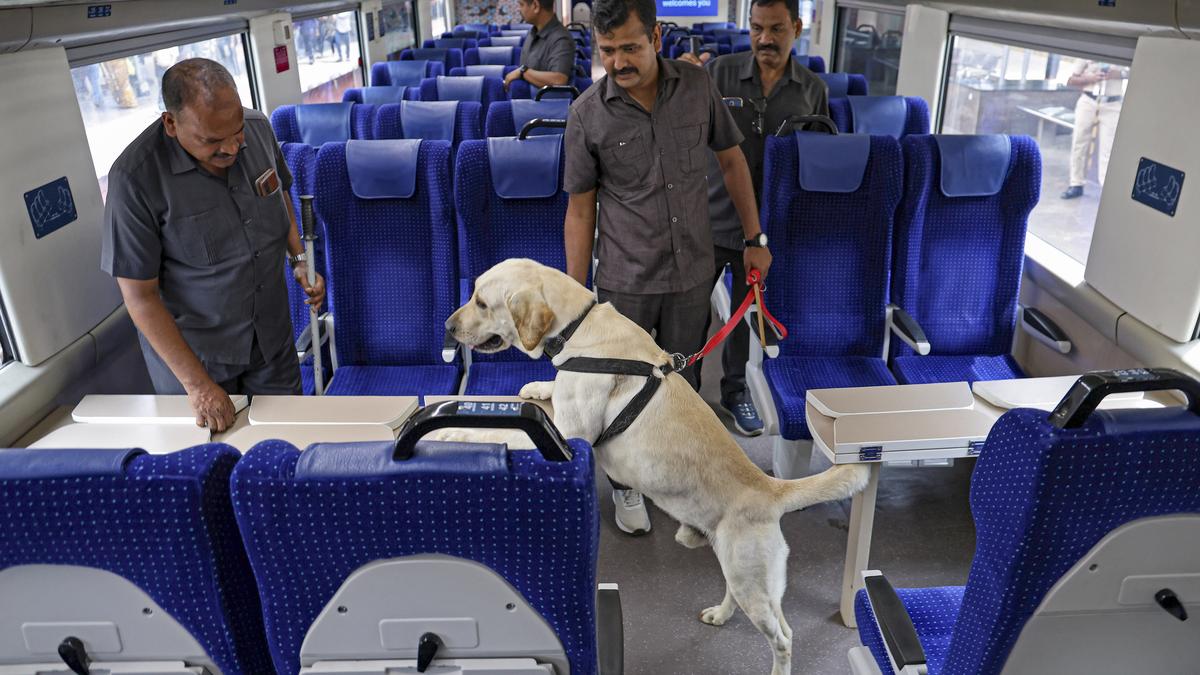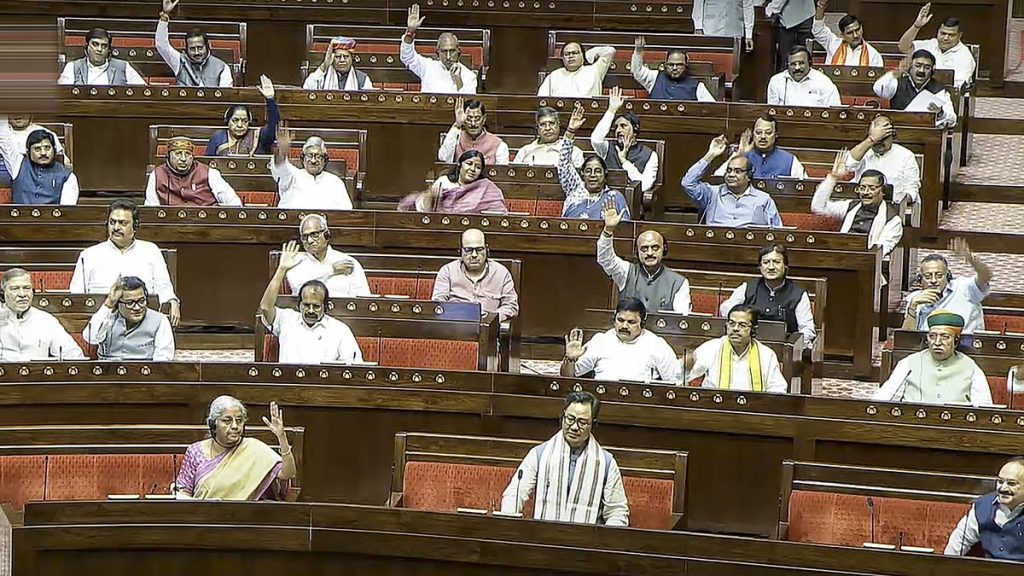Now Reading: Ramalinga Reddy Accuses BJP of Undue Credit for Metro, Highlights Karnataka’s Larger Role
-
01
Ramalinga Reddy Accuses BJP of Undue Credit for Metro, Highlights Karnataka’s Larger Role
Ramalinga Reddy Accuses BJP of Undue Credit for Metro, Highlights Karnataka’s Larger Role

Fast Summary
- inauguration Debate: Transport Minister Ramalinga Reddy criticized BJP leaders for claiming that the Yellow Line metro project was solely a Central government initiative.
- Funding Breakdown: Mr. Reddy asserted Karnataka’s financial contributions outweigh those of the Center in all metro phases, citing specific data:
– Phase 1: Karnataka contributed 30% (plus land), Centre contributed 25%.
– Phase 2: Centre’s share reduced too 20%.
– Phase 3: Karnataka bore costs of land acquisition and rehabilitation entirely.
- Metro History: The foundation stone was laid by then Prime Minister Manmohan Singh in 2006 during N. Dharam Singh’s tenure as Chief Minister, further emphasizing Congress’s earlier role in planning.
- Delays Alleged: Mr. Reddy blamed the Central government for train coach delays, environmental clearance hold-ups, and route certification delays – responsibilities tied to Union-level bodies.
- Financial Criticism of MPs: He accused BJP MPs from Karnataka of failing to advocate for the allocation of ₹11,495 crore intended for Peripheral Ring Road and lake development under the Finance Commission recommendations.
- Metro fare Concerns: Metro fare hikes are decided by a committee appointed by the Centre and approved by Delhi Metro Board.
Indian opinion Analysis
The debate over infrastructure funding highlights broader dynamics between state and central governments regarding resource allocation and credit-sharing on major projects like metro lines.Transport Minister Ramalinga Reddy’s detailed breakdown suggests that state contributions have been pivotal but perhaps overshadowed in public debates dominated by partisan narratives. Such disputes risk politicizing institutions that ideally serve public interests collaboratively.The issue also touches upon efficiency; if delays are indeed linked to prolonged approvals from central authorities, it underscores an area were intergovernmental cooperation needs reform. This could directly affect citizens through cost escalations or service postponements.
fare revision responsibility residing with a central-appointed body raises concerns about decision-making mechanisms possibly disconnected from local realities. For large-scale projects like this metro expansion, obvious dialog between stakeholders can not only streamline operations but also shift focus back to improving commuter experience rather than creating political divisions.
Read More at Source Link Provided.





















